United Way Partners and Volunteers Team Up to Provide Masks
With Washington state under a mandatory order for everyone to wear face coverings while out in public, the need for face masks is expected to continue into the foreseeable future to prevent the spread of COVID-19, which has hit people of color disproportionally.
Because of racial inequities and structural racism, Black, Latinx and Native populations get COVID-19 at much higher rates, according to the CDC. Reasons are varied but include living in densely populated areas due to “institutional racism in the form of residential housing segregation.”
Many people of color also work in workplaces that have been deemed “essential,” such as grocery stores, or have jobs for which they can’t work from home. All these workers need masks, but they might not have access to them.
As part of United Way of King County’s efforts to supply masks to these essential workers through our partnership with Lt. Governor Cyrus Habib’s Washington Mask Challenge, we joined with community organizations and groups, as well as Ably Apparel, a Seattle-based clothing company, to provide as many masks as possible for those who need them.
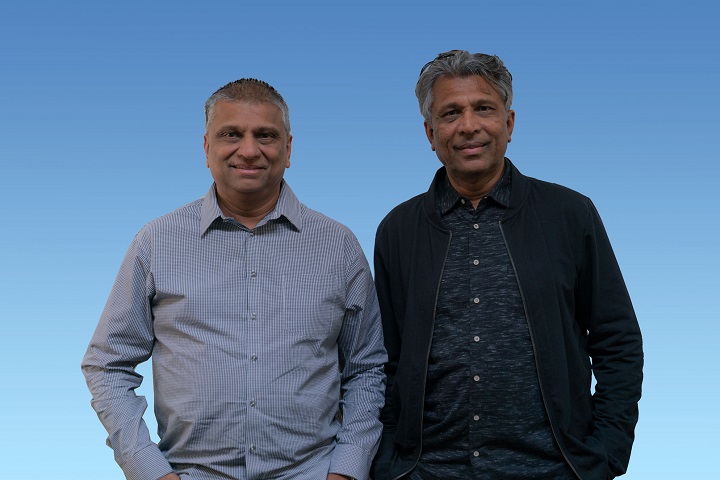
Ably Apparel vouched to donate $100,000 worth of masks to frontline responders, essential workers and others who need them. That equates to over 10,000 masks, according to Raj Shah, CEO of Ably.
“Ably is proud to partner with the United Way of King County, going all-in for the Washington Mask Challenge,” Shah said. He added that he and his brother, Akhil, have lived in the area for four decades, so they “have a deep commitment to keeping our communities safe.”
Shah said for every item sold on their website, the company would donate a cloth mask. “We’ll be doing so until we’ve reached our committed goal. Regardless of the success of this campaign, we will donate more than 10,000 masks.”
Many friends and supporters of United Way also stepped up to meet the challenge.
The Seattle North Stake of The Church of Jesus Christ of Latter-Day Saints started a project called “Masks One by One” and made 2,000 masks thanks to a sewing circle of about 75 people, according to Michelle Quinn, one of the co-chairs of the project.
Quinn said the volunteers included 50 sewers, with the rest involved in the logistics—picking up materials, dropping off kits and delivering masks.
The volunteers initially aimed to make 1,000 masks, but they reached that goal in mid-May.
“The United Way King County Community Service online listings were invaluable in helping to find where the real needs were within the community.”
Michelle quinn
“The United Way King County Community Service online listings were invaluable in helping to find where the real needs were within the community. I reached out to most if not all that had listed requests last month, and heard back from the majority,” said Quinn. “It was great to be able to contact these agencies and offer large donations, such as 100 masks at a time.”
Quinn said several organizations received masks from the project, including Lake City Partners Ending Homelessness, Mary’s Place, YouthCare, El Centro de la Raza, International Rescue Committee and Neighborhood House.
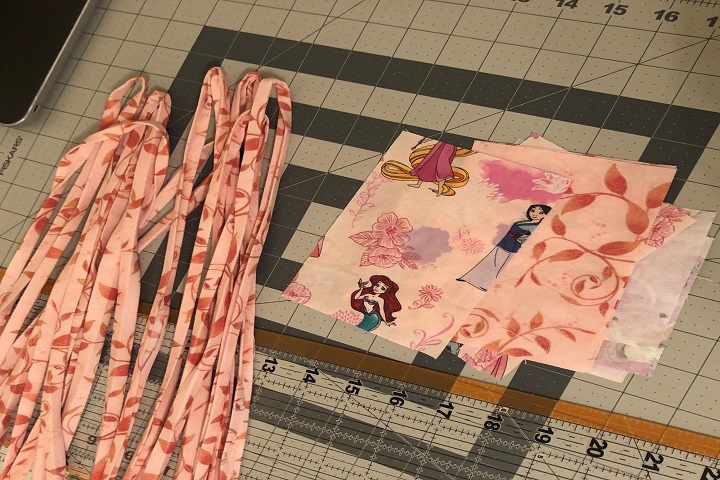
“Each week, we donated to a different organization in the community,” Quinn said. “One of our congregants had contact with the Austen Everett Foundation, so they were looking for pediatric masks for kids with cancer. We met with them, showed them the product, and made 200 child- and toddler-size masks.”
Quinn said the church’s project started because “a lot of people wanted to be of service at a time of crisis and need, so we started sewing.”
She added that as the quarantine got worse, the need for masks increased, but there weren’t many available.
“We talked about the populations in need—those who don’t have the resources—and we wanted to help,” Quinn said.
Quinn said United Way’s online resource guide “was crucial in helping to understand where the need was.”

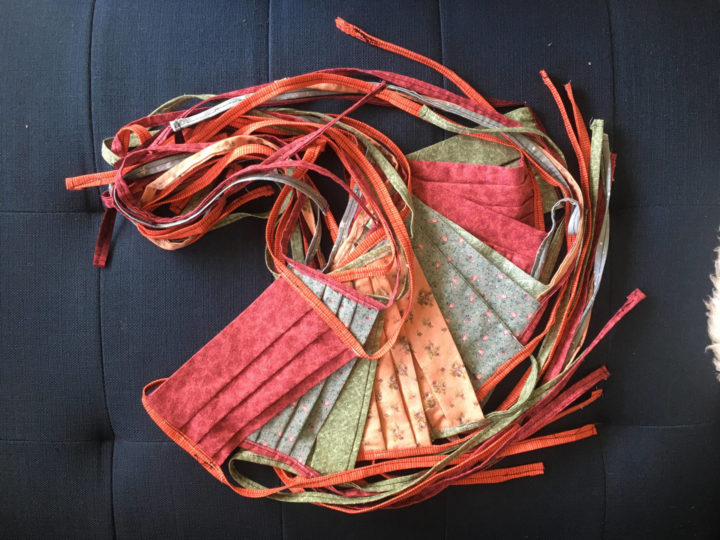
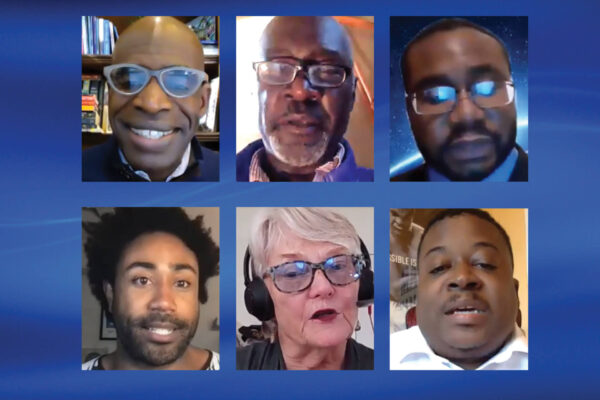
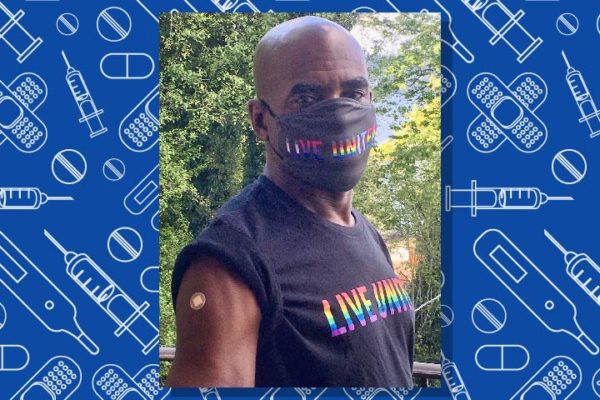
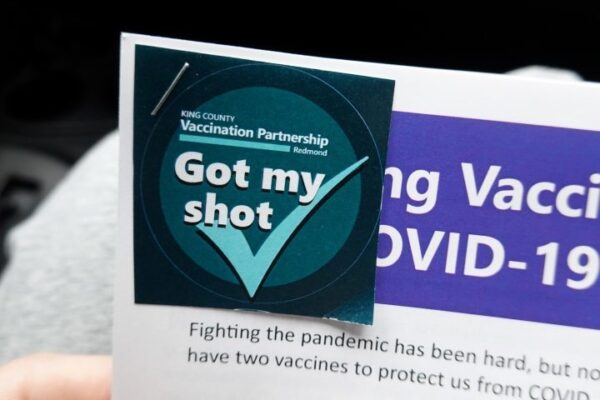
Comments